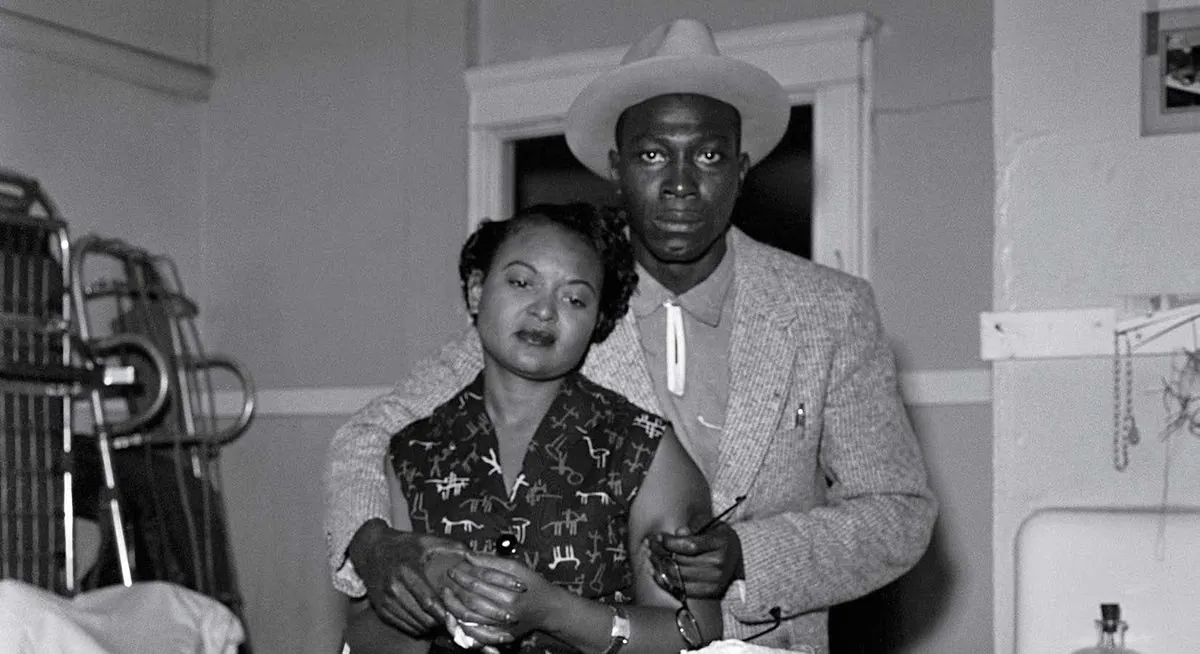The murder of Emmett Till in 1955 continues to resonate in American consciousness, nearly seven decades later. This tragic event, which occurred 69 years ago, remains a pivotal moment in the civil rights movement and a stark reminder of the nation's troubled racial history.
Wright Thompson's new book, "The Barn," offers a fresh perspective on this haunting tale. The author, a White Mississippian, delves into the hidden aspects of Till's murder, focusing on the barn where the 14-year-old Black boy from Chicago was beaten and killed. This structure, now used for storing lawn equipment and holiday decorations, symbolizes the buried truths of the past.
The book explores how the silence surrounding Till's murder has widened cracks in America's democratic foundation. Thompson writes, "The tragedy of humankind isn't that sometimes a few depraved individuals do what the rest of us could never do. It's that the rest of us hide those hateful things from view, never learning the lesson that hate grows stronger and more resistant when it's pushed underground."
Thompson's work uncovers several little-known facts about the case. For instance, eight jurors, a defense attorney, and the sheriff at Till's murder trial were all related to the accused killers, Roy Bryant and J.W. Milam. This revelation highlights the deeply entrenched racial dynamics of the time.
The author also credits the courage of individuals like Willie Reed, a Black teenager who testified about witnessing Till's abduction, and the White deputy sheriff who ensured Till's body was returned to Chicago, allowing his mother to hold an open-casket funeral that shocked the nation.
"I wanted the world to see what they did to my baby."
Mamie Till-Mobley's decision to display her son's mutilated body became a catalyst for the civil rights movement. Months later, Rosa Parks refused to give up her bus seat in Montgomery, Alabama, later stating that she had been thinking of Emmett Till at the time.
Thompson's book also touches on the broader implications of Till's story. The author acknowledges his own family's complicated past, including his great-grandfather's founding of a segregationist chapter in Jackson the same year Till was murdered. This personal connection underscores the complex racial history of Mississippi and the South.
"The Barn" emphasizes the importance of confronting the past and creating a unified future. As Thompson writes, "Our only hope is to create a new, unified tribe — all of us Mississippians, who share the history and future of our home."
The enduring impact of Till's murder is evident in recent developments. In March 2022, the Emmett Till Anti-Lynching Act was signed into law, making lynching a federal hate crime. Additionally, in 2022, an unserved arrest warrant for Carolyn Bryant Donham, the woman at the center of the incident, was discovered in a Mississippi courthouse basement, reigniting discussions about the case.
Thompson's work serves as a reminder that the struggle for racial justice is ongoing. By uncovering hidden truths and encouraging open dialogue, "The Barn" contributes to the collective effort to confront America's painful past and work towards a more equitable future.
